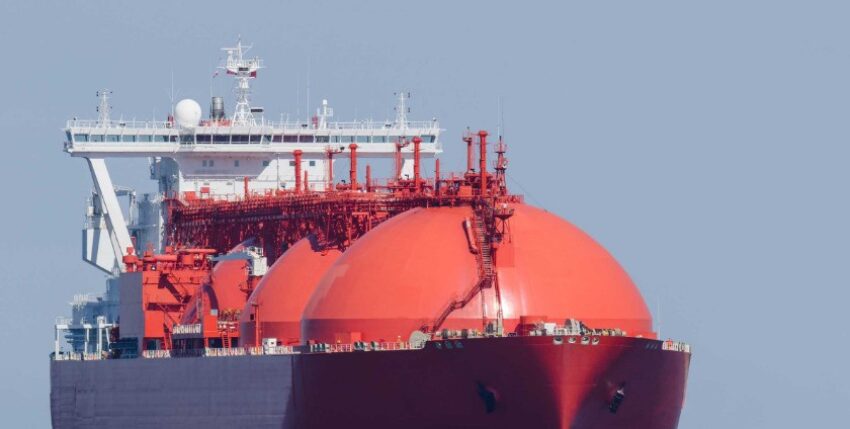Putin's war - impact on the global economy
So far, the image of the land war has dominated the political and media perception of the invasion of Ukraine by Russia on 24 February 2022: the world marvels at the endless columns of Russian combat vehicles and support forces and follows the Ukrainian people's defensive struggle spellbound. The news and images of the economic and maritime side of this conflict are lost in the drama.
In his news article "Putin's war against Ukraine", Prof Dr Uwe Jenisch presents an initial overview of the expected effects on shipping and trade here at MarineForum online:
Maritime trade with Russia
Deliveries of oil, gas, coal, grain and raw materials from Russia by ship are largely cancelled. gas, coal, grain and raw materials from Russia by ship have largely been cancelled, as has container, ferry and feeder traffic with Russian ports. ports. New cargoes to and from Russia are rejected. Russian ships are being turned away in many ports around the world. Pipelines remain open for the time being. The northern Black Sea, including the Azov Sea, is a "war zone" under insurance law, which means that all traffic there has come to a standstill. At least 4 ships have been shot at.
Global trade in general
The consequences are a sharp rise in the cost of international maritime transport and generalised attentism. The reorientation of energy supply and raw material security is becoming urgent (new supply options?) The switch to "green economy" and the fight against climate change are being set back. All states are affected, especially sea-dependent states such as China and Germany/EU. China's stance remains diffuse, although the state (actually) has an interest in secure and undisturbed trade routes. The impact on the Third World is likely to be catastrophic if food and energy become significantly more expensive. All the effects will be felt for a long time.
In fact, hundreds of merchant and container ships are now unable to call at their harbours and unload their cargo due to the military situation, which could trigger a cascade in modern, interwoven global trade. In addition to the energy sector, the agricultural commodities market is also affected in the short term - Russia and Ukraine together produce around a third of the world's wheat supply. What happens next? We read online in the Ukraine update of the Deutsche Verkehrs-Zeitung:
Ukraine war promotes "reorganisation of global trade relations"
Russia's war of aggression against Ukraine is likely to reinforce the trend towards greater regionalisation of production and more flexible procurement. Carsten Mumm, Chief Economist at private bank Donner & Reuschel, expects a "reorganisation of global trade relations" as a result of the war in Ukraine: "The trend towards regionalisation of production and the efforts of national economies and companies to become less dependent on individual supplier countries and therefore more resilient is likely to be one of the driving economic forces in the coming years," he says. Local companies and the German economy will reduce their dependence on Russia, according to many economic experts. Conversely, for Russia this means, according to Mumm: "In the medium term, Russia will have to tie itself more closely to China due to a lack of alternatives. However, as China is much less dependent on Russia, Beijing is likely to determine the terms of future cooperation."
It is clear that change is in the air, and not just in terms of security policy. The sanctions initiated by the West are designed for the medium to long term; a quick return to business as usual before the Russian invasion is not possible. This has consequences that normal European citizens are already feeling in terms of energy prices. The challenge lies in reorganising relations around an increasingly isolated Russia without allowing China to benefit too much from Russia's leanings. China's close dealings with Russia will in turn make it vulnerable to Western (i.e. American) sanctions. This is a danger that Western companies will not expose themselves to. The result could be a reduction in dependencies on both Russia and China.








